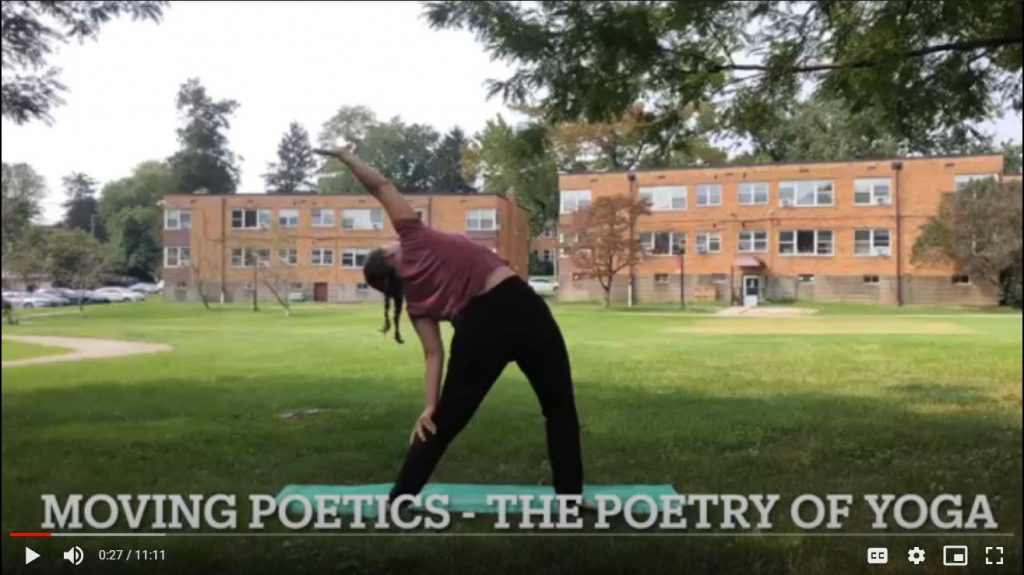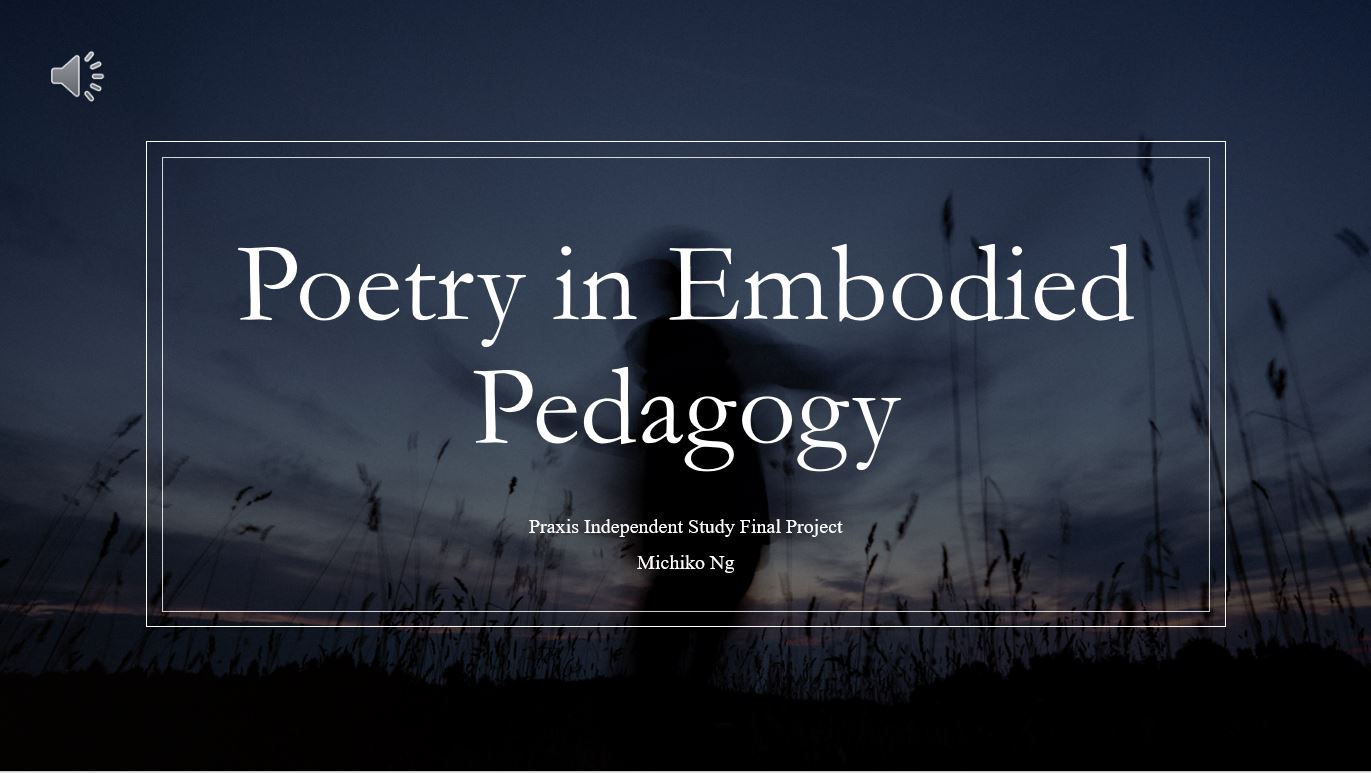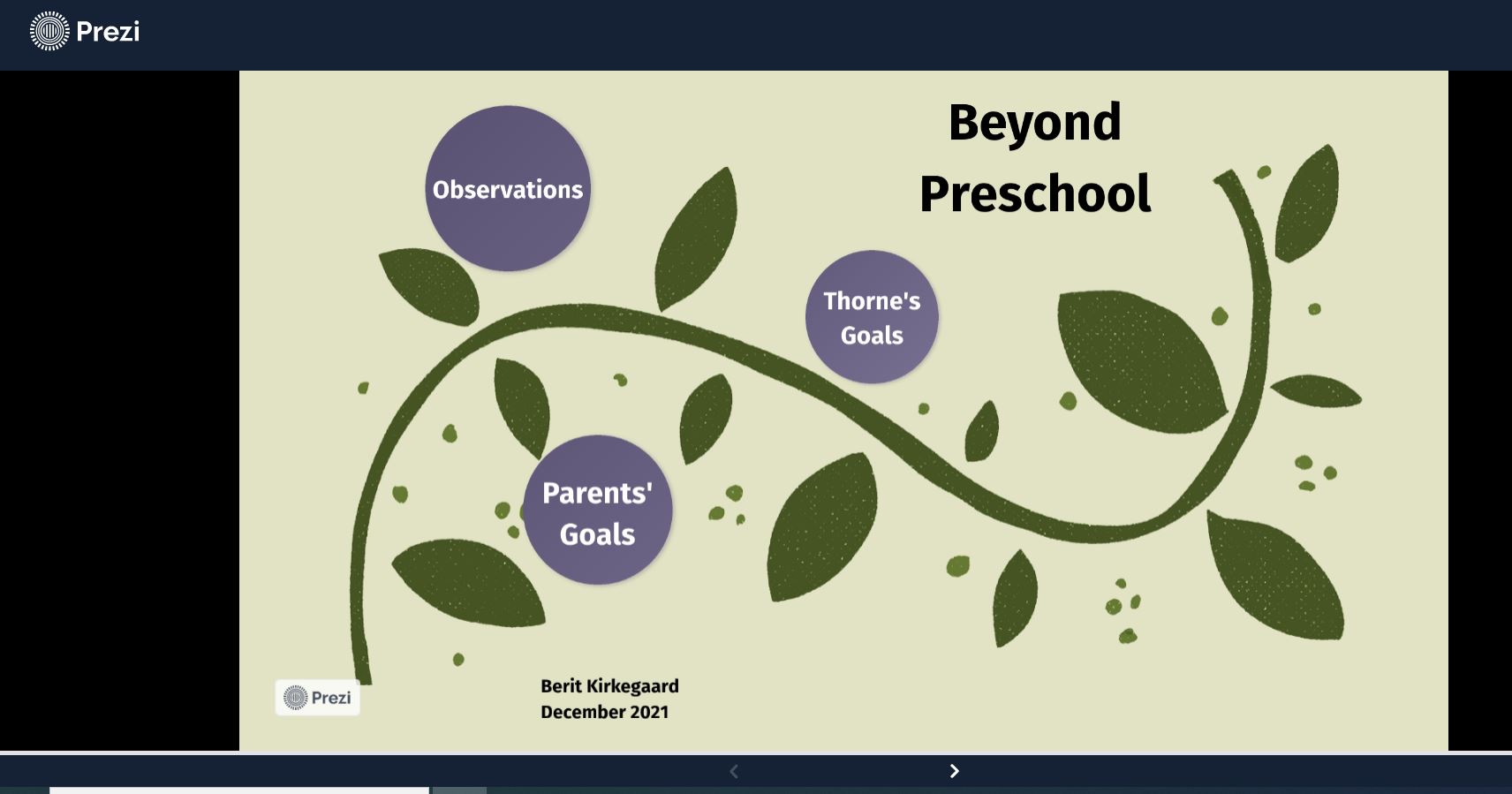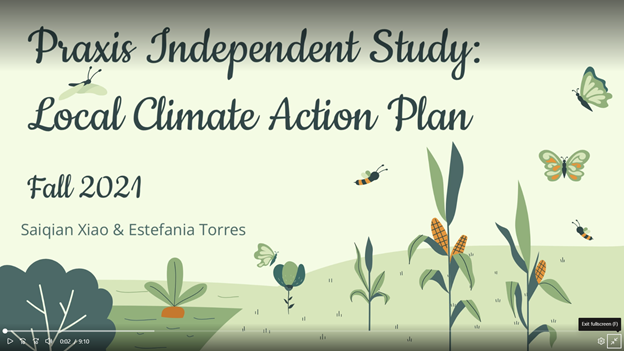An Insight into the Research Assistant Experience: Project MIME
Faculty Advisor: Professor Ariana Orvell
Field Site: The Mood and Cognition Lab at Temple University
Field Supervisor: Marin Kautz and Daniel Moriarity
Description of Course:
This course provides a holistic overview of the research experience at the mood disorder lab housed in the clinical psychology area of the Psychology Department at Temple University. It not only aims to help the student reflect on the research experience and its various considerations such as consent but also allows a student to deep dive into the research question being studied in the lab through further research and literature review. This is within the purview of Project MIME (Motivation, Immunity, and Mood in Emerging Adults) at Dr.Lauren Alloy’s Mood and Cognition. At a broad level, this lab investigates how differences in motivation might be associated with the immune system and a variety of mental health issues such as depression. Keeping that in mind, the primary aim of Project MIME is to see whether rumination and reward sensitivity predict inflammatory reactivity and depressive symptoms.
Praxis Project:
PhillipsSarah_PraxisBlog



